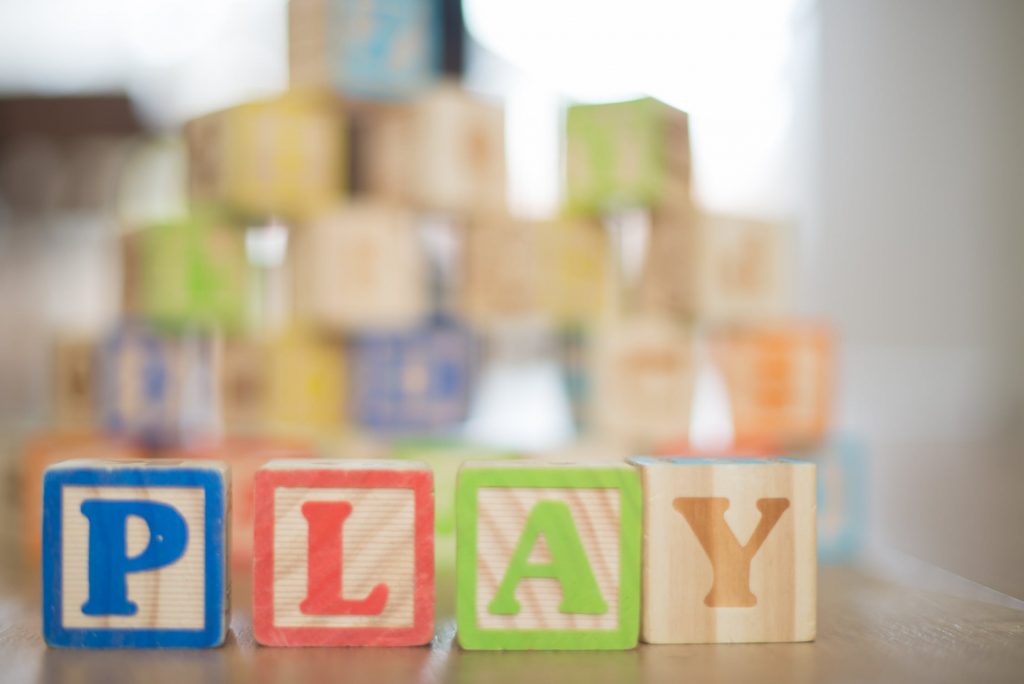 Finding ways to engage your child in learning the alphabet can be challenging at times. Their attention can easily turn to something more fun and interesting, especially if they are finding the task a little bit too much like hard work. If your child is feeling bored, the chances are you will be too. Studies have proved time and time again that a human’s ability to learn something is greatly improved if they are having fun. So we have put together five ways for you and your child to have fun while they learn the alphabet. Continue reading
Finding ways to engage your child in learning the alphabet can be challenging at times. Their attention can easily turn to something more fun and interesting, especially if they are finding the task a little bit too much like hard work. If your child is feeling bored, the chances are you will be too. Studies have proved time and time again that a human’s ability to learn something is greatly improved if they are having fun. So we have put together five ways for you and your child to have fun while they learn the alphabet. Continue reading
FIFA World Cup Russia 2018 Kicks Off!
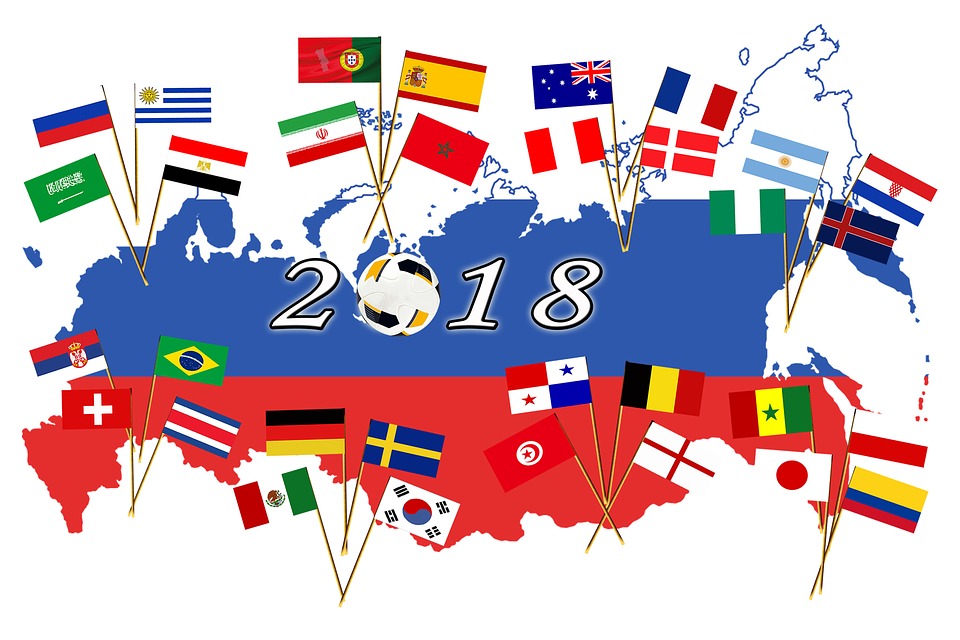 The 2018 FIFA World Cup kicked off in Russia on Thursday 14th June. This is the first World Cup held in Europe since 2006 and the first ever to be held in Eastern Europe. It’s time for football vocabulary to enter the EFL classroom again and as the World Cup also coincides with Wimbledon, it’s going to be a sporty month! Continue reading
The 2018 FIFA World Cup kicked off in Russia on Thursday 14th June. This is the first World Cup held in Europe since 2006 and the first ever to be held in Eastern Europe. It’s time for football vocabulary to enter the EFL classroom again and as the World Cup also coincides with Wimbledon, it’s going to be a sporty month! Continue reading
How Much Vocabulary Is Enough for Language Proficiency?
Vocabulary is the most important aspect of language when starting out on your learning journey. Having sufficient vocabulary helps you communicate your meaning, even if your grammar skills are lacking or entirely absent. But how much vocabulary is enough when learning a foreign language?
The answer depends on your current language ability level and your proficiency goals. The vocabulary required for shopping and day to day life is a lot less than would be required for discussing serious issues and more intellectually demanding subjects.
The ability to communicate on a basic level is the first aim in any language learner’s journey. So how much vocabulary is necessary when learning a new language, when do you have ‘enough’ vocabulary and when should you start to focus on depth of vocabulary, grammar and other areas? Continue reading
Baby Sussex is Here! Exploring Pregnancy and Baby Vocabulary
The Duchess of Sussex has given birth to a baby girl! Lilibet “Lili” Diana Mountbatten-Windsor was born on Friday 4th June in Santa Barbara, California. Lili is little sister to Archie. The Duke and Duchess named their newborn after the Royal Family’s nickname for the Queen, Lili’s great-grandmother. Her middle name is in honour of Diana Princess of Wales, her late grandmother.
Pregnancy and baby vocabulary is always useful to learn for dealing with situations related to families, doctors and women’s health. Join us to explore vocabulary and phrases related to pregnancy and babies as we welcome the new addition to the Duke and Duchess’s family. Continue reading
Get On the Starting Line… It’s the London Marathon!

1. London Marathon runners – image source
It’s the London Marathon this weekend! The big race is held annually in the spring and this year we’ll see over 40,000 people take to the streets of London for the 26.2 mile course. Whatever the weather, thousands will be lacing up their trainers with over 75% running to raise money for charity. Read on to learn more about this long-distance race and explore vocabulary and conversation topics in our fun London Marathon EFL lesson. Continue reading
Amazon’s Alexa to Offer Real-Time Translation
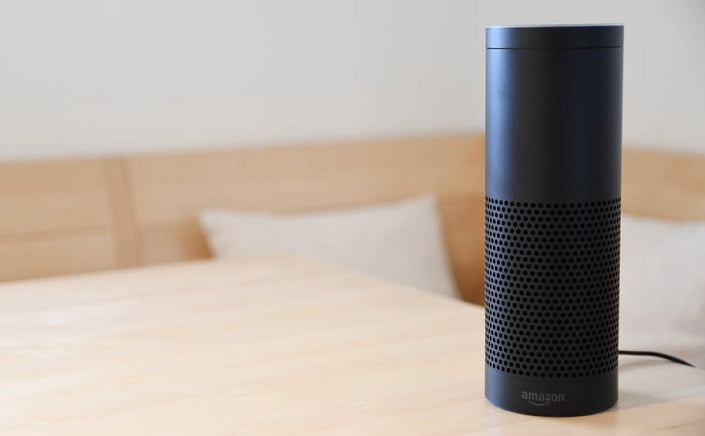
Amazon Alexa – Image source
Amazon is exploring the possibility of adding real-time translation to Alexa’s range of capabilities. If the real-time translation technology is enabled, this will help Alexa to tackle cultural misunderstandings, subtle nuances of speech and complex language barriers. Although the popular voice-enabled assistant can already translate simple words and phrases between a small number of languages, real-time translation from Alexa will enable universal communication on a much more sophisticated level. Continue reading
Mother’s Day EFL Lesson Ideas
It’s Mothering Sunday this weekend! This day is celebrated on the fourth Sunday of Lent each year, falling three weeks before Easter. The day was originally a religious day when people would visit their ‘mother’ church, but later it also became a day to celebrate motherhood. Mothering Sunday is now intertwined with the secular celebration Mother’s Day and the two names are often used interchangeably. Join us to explore the origins of the day and enjoy our ‘correct word’ exercise and gap fill games. Continue reading
Celebrating International Women’s Day

1. We Can Do It poster is from a series based on a World War II Poster, We Can Do It! aka Rosie the Riveter –Source image
International Women’s Day falls on 8th March every year and coincides with Women’s History Month. This special day is a global celebration of the social, economic, cultural and political achievements of women. International Women’s Day also highlights areas where action is still needed to achieve gender parity around the world.
An International Women’s Day EFL lesson can engage with these issues in a highly relevant way. The concept of access to education as a basic human right is reflected in language learning, as a great way to empower women and girls. Continue reading
St David’s Day EFL Lesson – Exploring Welsh Culture
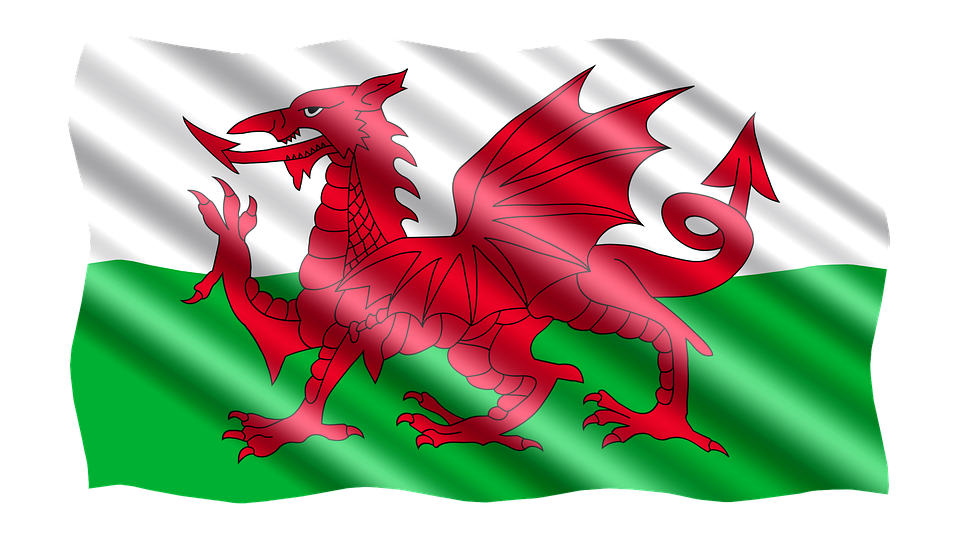 St David’s Day falls on 1st March each year. This special day has been celebrated since the 12th century and although it is not a national holiday in the UK, it is regularly marked with celebrations.
St David’s Day falls on 1st March each year. This special day has been celebrated since the 12th century and although it is not a national holiday in the UK, it is regularly marked with celebrations.
Saint David is the patron saint of Wales and the Feast of St David commemorates the day he died in 589 AD. On Saint David’s Day it is traditional to eat Welsh foods and celebrate Welsh culture.
This is an ideal time to explore all things Welsh in the EFL classroom, introduce students to Welsh culture and learn some new vocabulary. Join us in exploring the Welsh flag, national symbols, language, accent, foods and traditions for a fun St David’s Day EFL lesson! Continue reading
Whose or Who’s? Possessives and Contractions
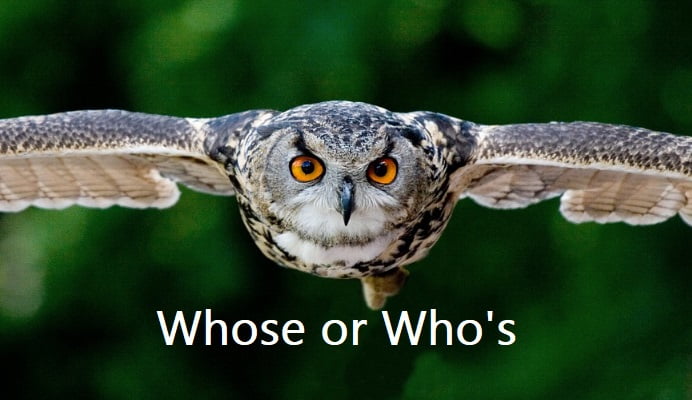 The question is often asked: should it be whose or who’s? Whose and who’s are often confused, even by native English speakers. So what is the difference between ‘who’s and ‘whose’ and how do you know which to use?
The question is often asked: should it be whose or who’s? Whose and who’s are often confused, even by native English speakers. So what is the difference between ‘who’s and ‘whose’ and how do you know which to use?
The difference is simple: ‘whose’ is the word we use to ask who owns something, while who’s is simply a shortening of ‘who is’. Contracted forms of words are rarely used in formal writing but they are often used in speech. The words ‘whose’ and ‘who’s’ are homophones, which means they sound the same. This is why the confusion arises. Read on to explore more about the usage of these words. Continue reading


![1. Prince Harry and Meghan Markle, By Mark Jones [CC BY 2.0 (https://creativecommons.org/licenses/by/2.0)], via Wikimedia Commons (https://upload.wikimedia.org/wikipedia/commons/a/aa/Prince_Harry_and_Meghan_Markle.jpg) Duke and Duchess of Sussex - Meghan Markle and Prince Harry](http://www.myenglishlanguage.com/wp-content/uploads/2018/04/Prince-Harry-and-Meghan-Markle.jpg)
